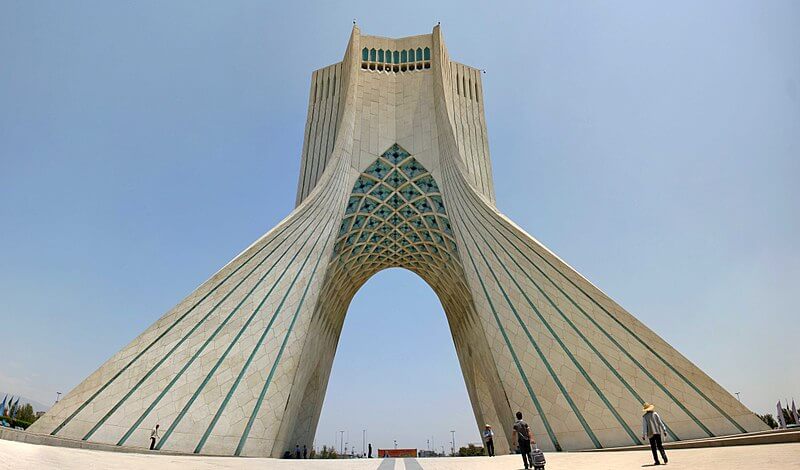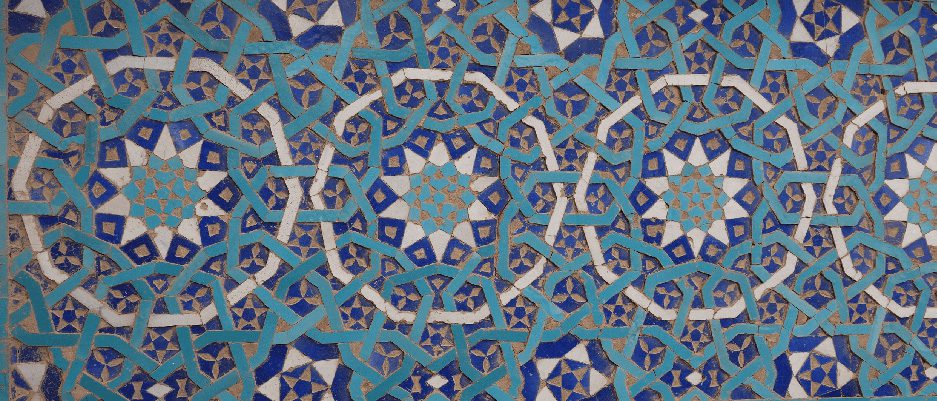This centres on the matter of Iran’s relationship with the international during the Qajar, Pahlavi and Islamic Republic periods. To this end, the project has two objectives. The first is to provide an interdisciplinary forum for scholars interested in Iran’s relationships with the international. The ‘international’ here is understood as the world beyond Iran’s territorial borders. The second objective is to highlight how Iran and Iranians at both the state and non-state levels have engaged with the international. The state level can be understood in terms of the ruling classes and individuals or groups associated with them. The non-state level can be understood in terms of communities, groups and individuals who are not associated with the ruling classes. Importantly, this programme would encourage and include research from a number of disciplines across the humanities and social sciences, such as Anthropology, Archaeology, Art History, Cultural Studies, History and Global History, Political Theory, Politics, International Relations, Islamic Studies, Sociology, and Theology. Crucially, it stresses the need for interdisciplinary engagement.
The programme seeks to contextualise Iran’s engagement with the international historically, intellectually, and in terms of geography. This is in response to some contemporary discourses that tend to present the world in terms of the ‘West’ on the one hand, and the ‘Global South’, ‘Third World’, or the ‘non-West’ on the other hand.


Workshops
There are two workshops as part of the ‘Iran and the International’ Modern Research Project.
The first workshop (online only), ‘Iran and the International: Iranian Foreign Policy’ will be held online on 8-10 June 2021. This workshop explores Iranian Foreign Policy in the context of a Global IR.
The second workshop, ‘Iran and the International’, will be held at the University of Plymouth on 15-16 September 2021. This workshop is based on an interdisciplinary approach to Iran and its relationship with the international. It seeks to explore the nature of Iran’s ruling classes’ engagement at the state level alongside research on other areas of society, such as religious communities, minority communities, intellectual and art circles, merchants, political and/or social movements, and civil society organisations and their engagement with the international.
Papers that speak to the following research questions are welcome:
- How is engagement evidenced? For instance, in terms of government or court policy that may be in the form of official documentation.
- How do international relations at the state level relate to those at the non-state level?
- How do the communities/individuals/the state see themselves in relation to that which is not ‘Iran’?
- What is the ‘international’ for Iran at different points in its history?
- To what extent is Iran part of more global dynamics during these periods?
- To what extent do the causes of continuity and change within Iran lie in the international?
- To what extent is Iran part of more global dynamics during these periods?